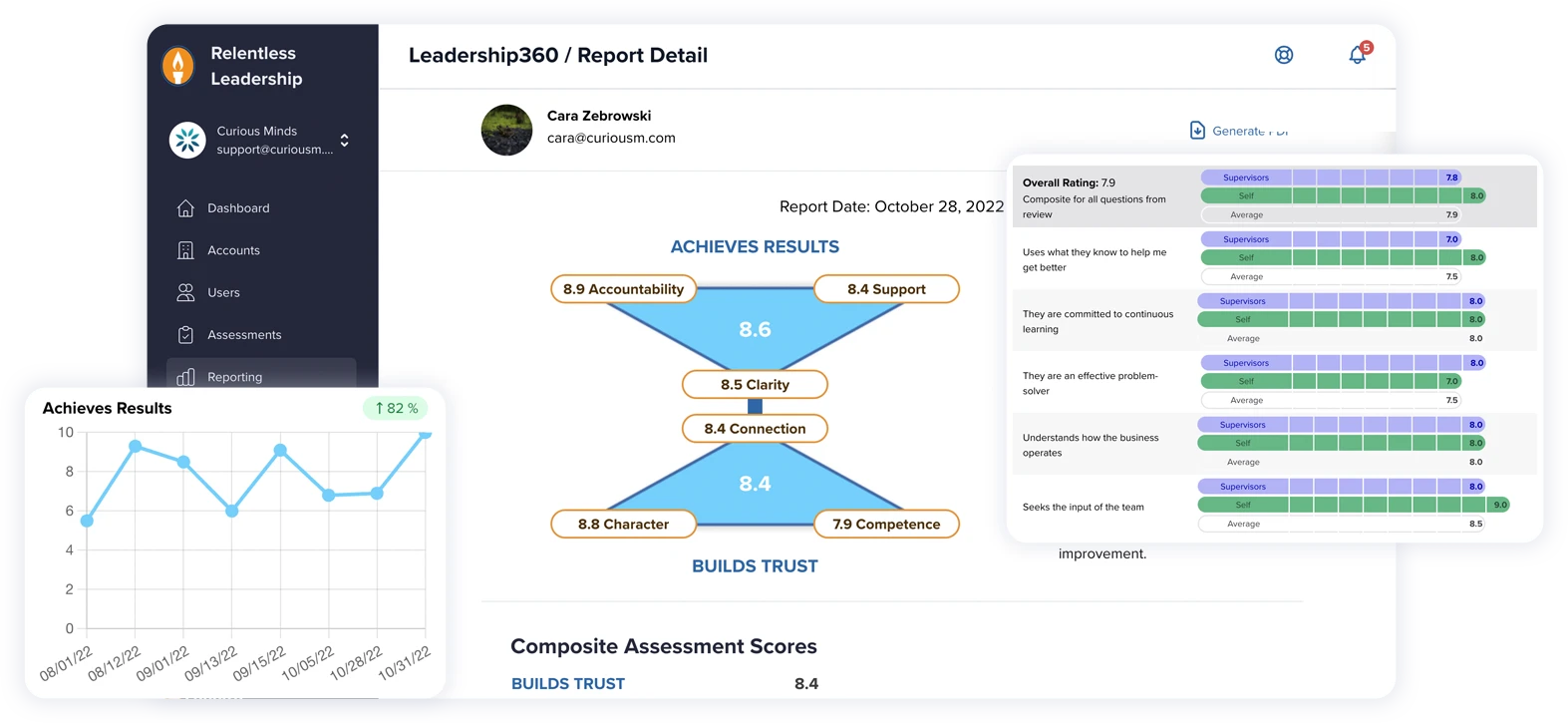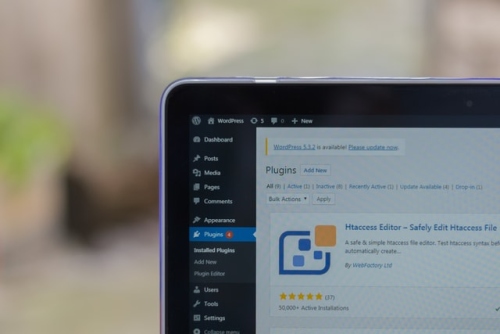WordPress launched in 2003 as a simple way for people to start blogs. Since then, WordPress has grown into the top content management system (CMS), and application framework in the world. The vast library of plugins has helped fuel WordPress’ evolution.
Newer WordPress users may not understand the purpose and power of plugins. Even experienced users may have a hard time evaluating plugins and how to choose the best ones. Getting the facts about plugins can help you make smart decisions to enhance your website.
What is a WordPress Plugin?
Simply put, plugins are apps that let you add new features to your WordPress site. With plugins, you can evolve your web presence from a basic blog-centric site to create any type of website.
You can create everything from an online store to a job board to a business directory through plugins. Also, plugins can help you boost performance and manage essential components of your site–like search engine optimization (SEO) and contact forms.
Today, WordPress has more than 57,000 plugins in its directory–and that number is always growing. You can also purchase premium plugins and source plugins from third-party sellers.
How do You Choose a Quality WordPress Plugin for Your Site?
Yes, the number of WordPress plugins is impressive. But some plugins offer more value than others. Some WordPress plugins are free, while others require payment. You can also find “freemium” plugins that provide limited functionality for free, but you’ll need to pay for more robust capabilities.
How do you know which plugins are best for your website? Here are five factors to consider:
Last Updated: WordPress displays the date the plugin was last updated in its directory. This information tells you that developers are actively working on the plugin. Ideally, the plugin date should be within the past few months.
Tested Up To: This information lets you know which version of the WordPress the plugin has been tested against. You can look at it to determine if the developer behind the plugin is keeping up with the most recent changes to the WordPress core.
Active Installs: This detail lets you know how many sites have installed the plugin. Look for a few thousand installs and 100+ ratings as a sign that the plugin is stable and adds value.
Ratings and Reviews: WordPress uses a familiar five-star rating system. The best plugins earn at least 4.5 stars. For more in-depth insight, you can read reviews left by plugin users.
Support: WordPress developers don’t need to provide support for their plugins, but it is a best practice. Check out the WordPress.org support forum to see user questions and issues and responses from plugin developers.
What Are the Best Practices for Using WordPress Plugins?
It’s critical to know how to select plugins–but just as important to understand how to use them on your site. Keep these three best practices in mind:
Watch Site Performance: Some plugins can slow down your website. A single slow plugin might not be an issue, but too many can disrupt site performance.
Keep Your Plugins Up-to-Date: Out-of-date plugins are one of the most significant security vulnerabilities for WordPress sites. In fact, one survey found that plugins accounted for 55.9% of WordPress hacks.
Delete Unused Plugins: If you don’t use some plugins, don’t just deactivate them and leave them on your site–delete them. Why? Hackers often attack the PHP files associated with plugins, so retaining them can open your website up to risk.
Customize Your Site with WordPress Plugins
Using plugins is an excellent way to extend the functionality of your WordPress site. Even if you have limited technical know-how, you can install some simple plugins.
However, you should always turn to experts if you need guidance on selecting and implementing plugins, and for maintenance support. Plugins can introduce security vulnerabilities, so keeping them updated is a must. You may also need help monitoring and optimizing site performance. With the right plugins and superior support, you can create an exceptional web presence that draws in business.
Do you need help installing or updating WordPress plugins? We offer risk-free service packages to keep your plugins and site operating effectively. Contact us to discuss your needs and learn more about support options.



















